You may probably already know that Honda first made a name for themselves when they started selling 750 motorcycles which were four cylinders when everyone else was selling two stroke bikes back in 1970s. It was fast, did not leak oil and had electric starting in a motorcycle. It was well known for its reliability as it didn’t need much maintenance. When Honda first started selling its cars in United States, they had two cylinder air cooled motorcycles engine in them. Then they started improving the quality of the engine, ride, comfort etc. They were well received by people for their remarkable reliability.
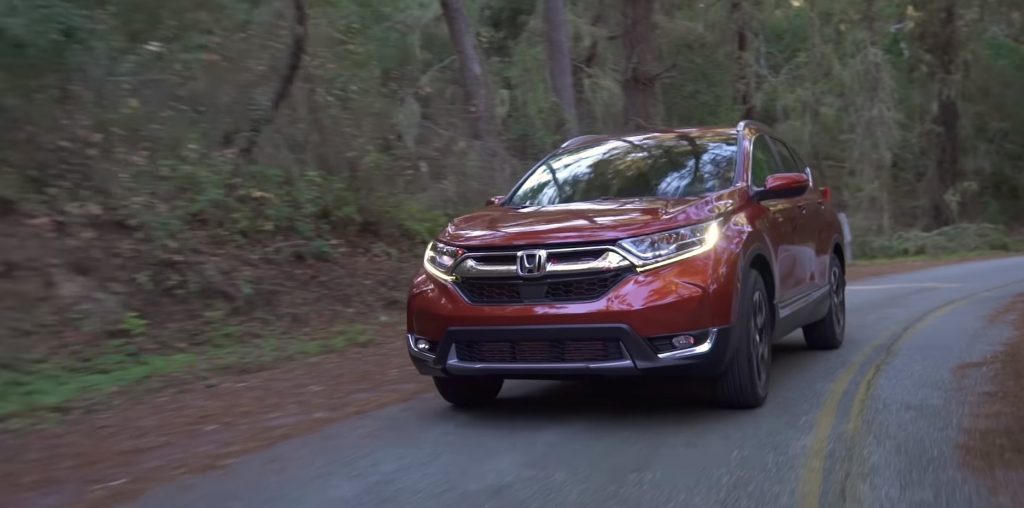
Today, they have started to slip in their quality. They are still the top four stroke gasoline engine manufacturers in the world, but people are starting to face problems with their latest engines. For example, lets take the 2017-2018 Honda CR-V. It has 1.5 liter turbo charged GDI engine and they are having oil dilution issues. Honda came-in to the game of GDI turbo charged engines rather late. Perhaps they should have tested their new engines more thoroughly before selling them to public. Whenever a problem like this arises, there is almost always a “software” fix.
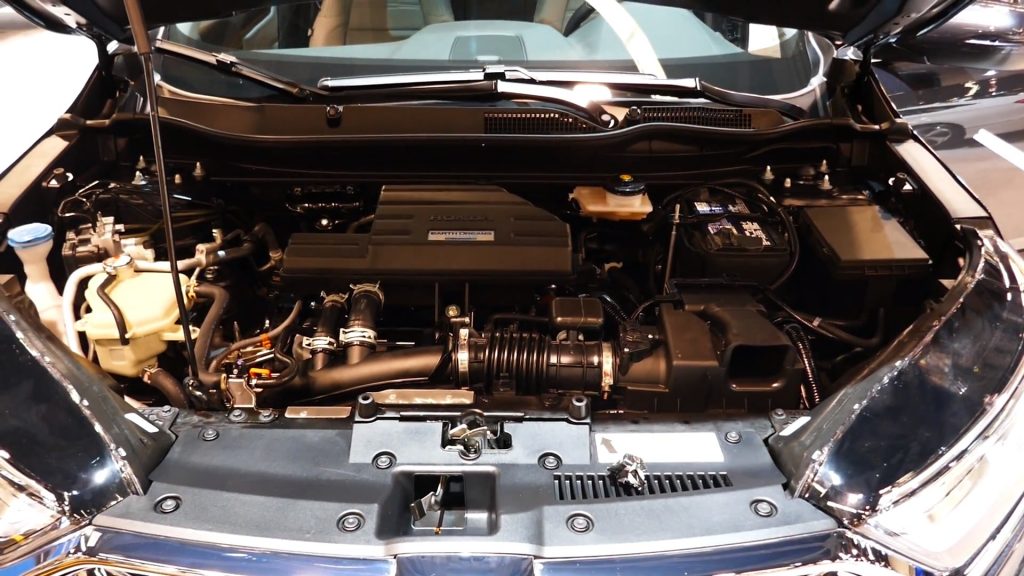
Up in Canada they started making excuses of cold weather and that people aren’t warming up their engines much before driving, so its dumping too much fuel into the engine when its cold, and the fuel is diluting the oil. But when you think about, the older cars never had this problem, they didn’t tell the Canadians then that they aren’t warming the car up before driving. Most people just start up and drive without any dilution problems. So clearly this is a design flaw.
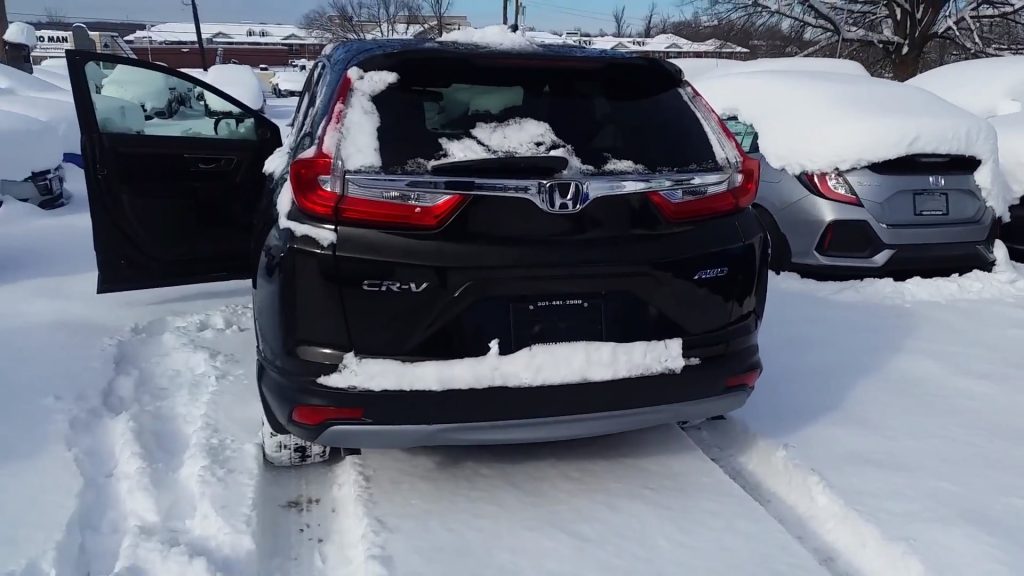
Oil dilution with gasoline is an insidious disorder. Its not like your engine is going to blow up, the gasoline mixes with the oil and it doesn’t lubricate the engine as well as it should. So what does this actually mean for consumers? It means that the engine will wear-out faster, but it will happen long after the factory warranty is over. If you keep your cars as long as I do, you don’t want an engine that has dilution issues. Its going to wear-out before its time because they didn’t design it right.
Honda make some of the best engines in the world, from lawnmowers, to motorcycles, to cars. But they decided to put GDI and turbo charger in a little 1.5 engine to obtain more horsepower, so they can go faster. Messed up on that one!
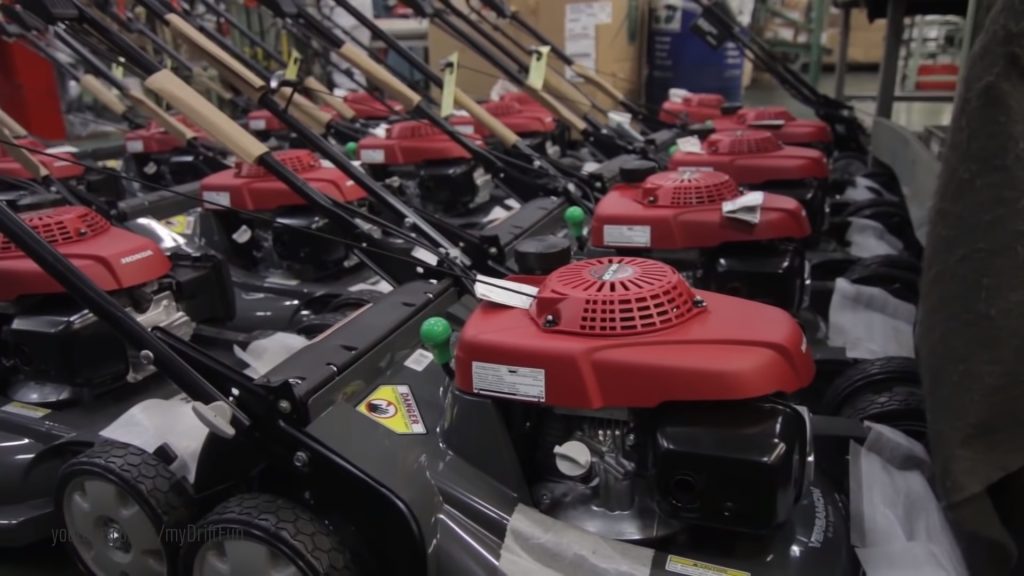
Volkswagen was one of the earlier adopters of GDI and turbos and they do have many problems, i.e. they get carbon build-up in the heads because the PCV system is getting oiled but there is no cleaner going out in the intake valve. But they did not have oil dilution problem, gasoline mixing with the oil which makes its lose its effective lubrication properties.
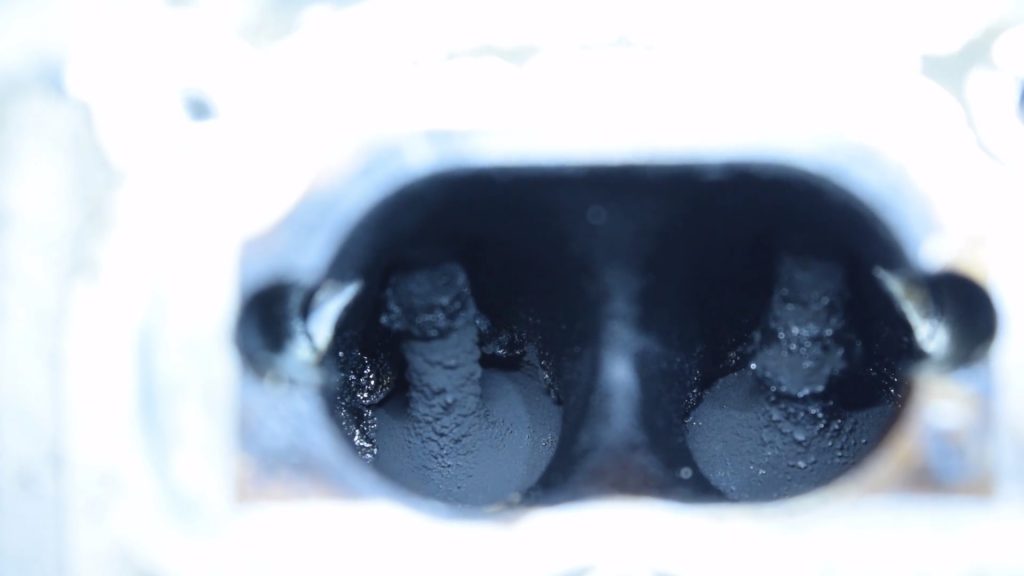
In some of the Honda designs, you can even smell the gasoline in the oil which can lead to hesitation and stalling. When it gets bad enough, the mixing will overwhelm the computer system which can’t make proper calculations of how much fuel should be mixed with air going to the intake system. A friend of mine runs an auto repair shop, over the years he had many customers who did not change their oil enough like taking it to 15K or 18K miles. Those oils got so dirty they started to pollute more and failed emissions test. And these were not gasoline diluted oil. There have been cases where the diluted cars don’t pass the annual emissions test with regular oil change.
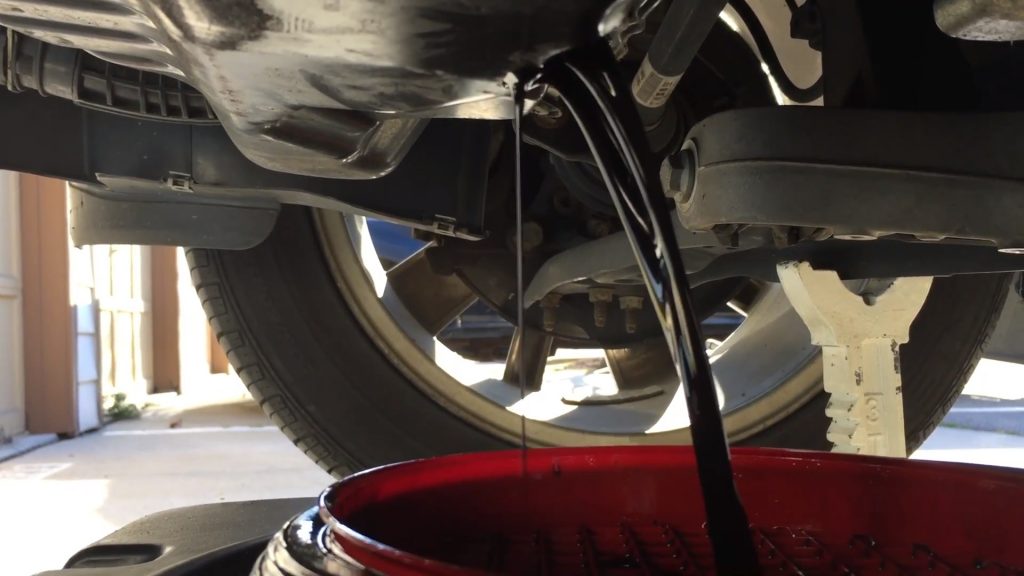
Its hilarious that Honda has named this line of engines Earth Dreams, when in reality it is actually Earth Nightmare. There is no argument that these are highly efficient engines, but they are so efficient that they take longer to warm up, so computer commands the fuel injector to add more fuel. If it commands too much fuel, it will pass the piston rings and start diluting oil. They didn’t have this problem in their earlier engines, but with Earth Dreams they just went a little too far in their “efficiency”.
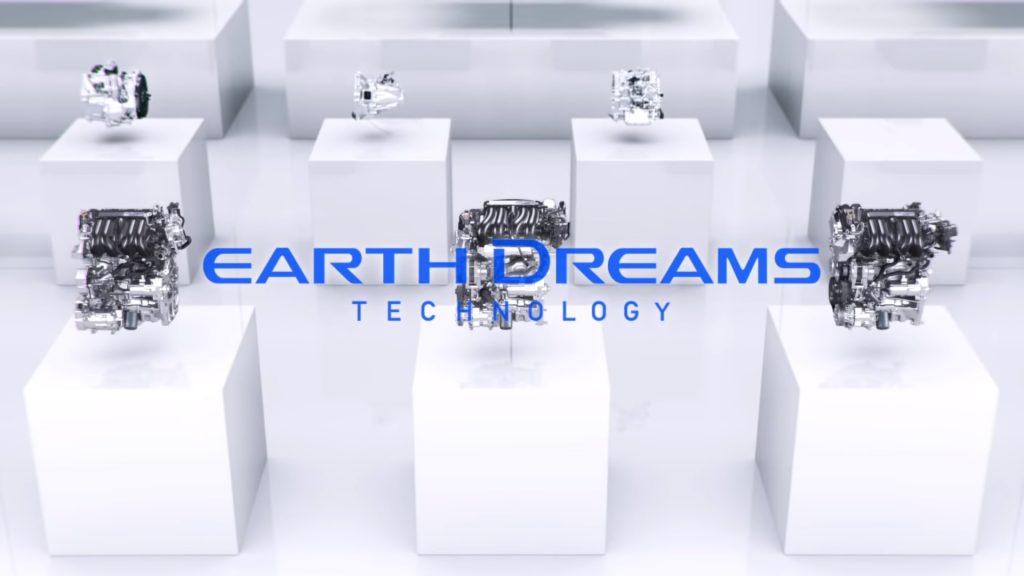
The response from Honda on all of this is; they will extended the warranty of the car for one year. But the oil dilution can take years to wear-out engines, so this gesture is meaningless for the actual problem the cars are facing. If you drive a lot of miles and you keep your car 10 years or more, this problem is very bad for you. Also, the warranty is just to replace certain parts like timing gear or camshaft that will get damaged with oil dilution, when they should be replacing the whole engines with brand new one because its a design flaw.
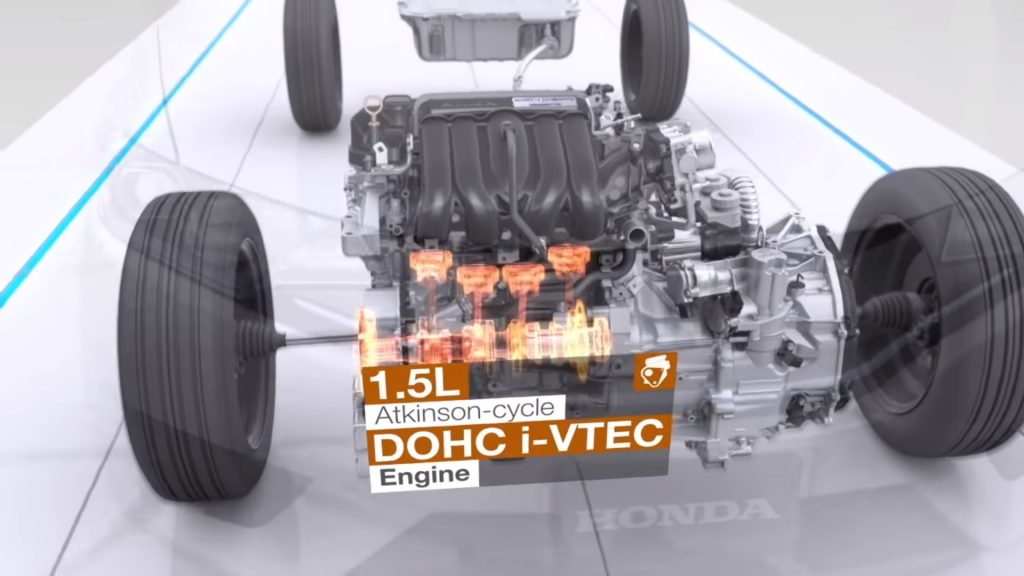
Adding more to the worries, there were certain 2019 CR-V models that were recalled citing a bad weld in the gas-tank system where fuel vapor goes in and you can smell fuel when you’re driving the car. Maybe they’re trying to cover-up the smell of oil dilution coming out the pipe! Also, when there is such a big problem with engine, don’t expect everything else to be flawless.
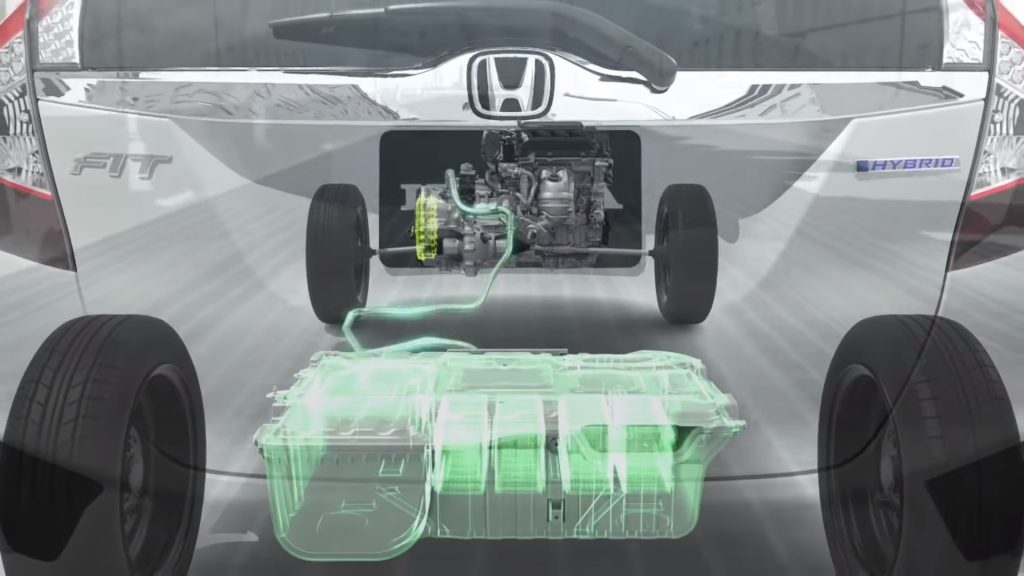
If your engine has worn-out inside because of oil dilution, you may think that you can change some parts and its good as new, but in reality all kind of other parts are going to wear out, and a lot of these parts you can’t even check without disassembling the whole engine. When they start making noise, its too late. You might ask how do you check the bearings on an engine; well, you first drop the bottom of the engine and have to remove all the piston caps off and then measure each of them to see if there is excessive wear. I can guarantee you Honda is not going to be doing that.
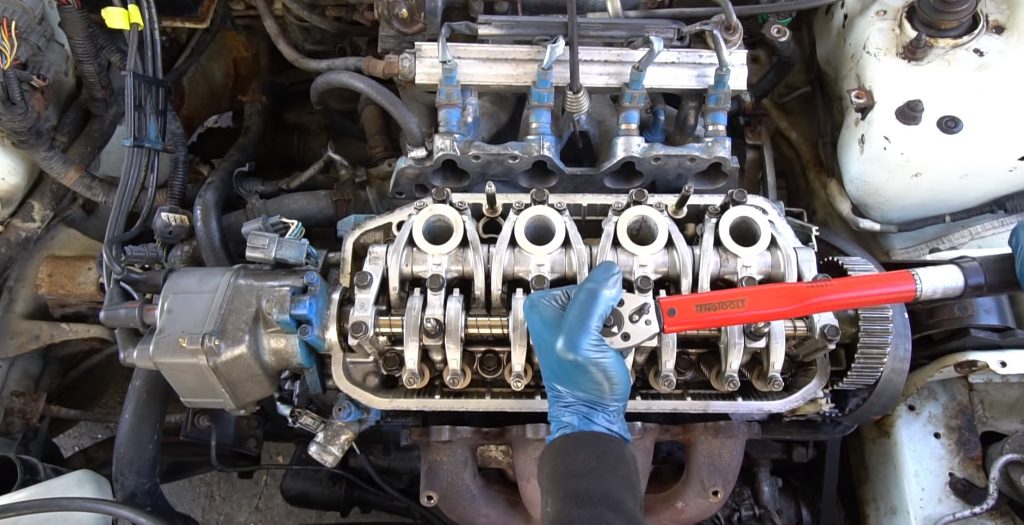
Now, lets go back three decades ago when Toyota and Honda were racing and were neck and neck. They were actually very close in quality and reliability. But in last decade they’ve had a lot of problems, they had a lot of AC compressor failures because they were of cheap quality. On the end of the AC compressor there is a shaft, it used to be really thick, but then they started making little shafts and these things were breaking and flying all over while you’re driving.
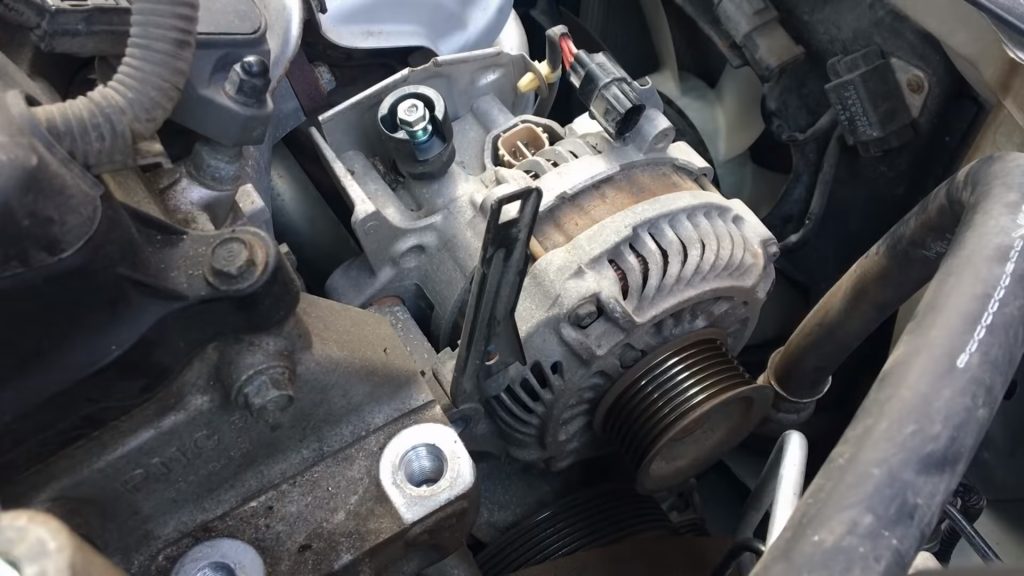
There is a lot of pressure on the clutch when you push down on it to open it up so you can shift gears, but its plastics seems to be breaking all over the place. Old Hondas are still running without any such problems, now 4 or 5 years and plastics start breaking. So what did they do? They started making metal replacement part for the stock plastic one, and you get to pay for it. It has become all about cutting the production cost now. In case of oil dilution, they are trying to put a lot of horsepower in a small engine and also get good gas mileage at the same time, so you can say its over-engineered. You are straining that little engine.
They are also not properly testing their cars in real world conditions to see what will happen when the miles go up. This is what Honda and Toyota were known for, they tested everything out in the car before selling to public. Now it seems, the public are the beta testers.










Just read your piece on the Honda GDI and wish I had read it earlier as we just bought a used 2018 Honda Civic LX. We have had Honda Civics for the last 30 years and tend to keep them for a long time. I have read a lot about the 10th gen GDI engines and I will never get another Honda. Our plan is to keep this one for a;few years, sell it and get a newer model Corolla. What I would like to know is how should we drive it to minimize the problems. We live in Redding CA which is fairly warm – especially in the summer – but we spend summers on the WA coast. Winters here are failry mild – hardly ever gets below 25F here and frosts maybe 10 times in a winter. Daytime temps in Jan in the high 40s to mid 50s. So – how often should I change the oil? Should I let it warm up on idle before driving it? I guess minimize short trips – but what is short? 1 mile? 2 miles? 5 miles? I would be really grateful if you could point me in the right direction here as I know Honda will be no help at all.
The problem is not with the LX, they are regular, not turbocharged. The problems are with the CR-V EX trim as they have turbocharge engines, putting pressure on the combustion chambers. I was about to purchase an EX, I will go for the LX now.